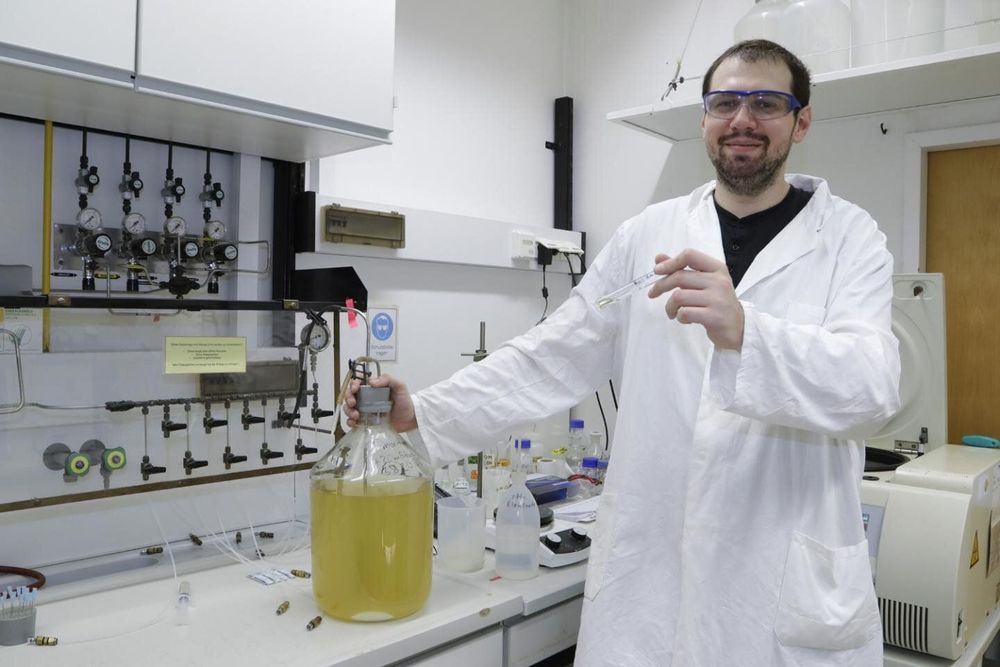In the first billion years, there was no oxygen on Earth. Life developed in an anoxic environment. Early bacteria probably obtained their energy by breaking down various substances by means of fermentation. However, there also seems to have been a kind of “oxygen-free respiration.” This was suggested by studies on primordial microbes that are still found in anoxic habitats today.
“We already saw ten years ago that there are genes in these microbes that perhaps encode for a primordial respiration enzyme. Since then, we—as well as other groups worldwide—have attempted to prove the existence of this respiratory enzyme and to isolate it. For a long time unsuccessfully because the complex was too fragile and fell apart at each attempt to isolate it from the membrane. We found the fragments, but were unable to piece them together again,” explains Professor Volker Müller from the Department of Molecular Microbiology and Bioenergetics at Goethe University.
Through hard work and perseverance, his doctoral researchers Martin Kuhns and Dragan Trifunovic then achieved a breakthrough in two successive doctoral theses. “In our desperation, we at some point took a heat-loving bacterium, Thermotoga maritima, which grows at temperatures between 60 and 90°C,” explains Trifunovic, who will shortly complete his doctorate. “Thermotoga also contains Rnf genes, and we hoped that the Rnf enzyme in this bacterium would be a bit more stable. Over the years, we then managed to develop a method for isolating the entire Rnf enzyme from the membrane of these bacteria.”
